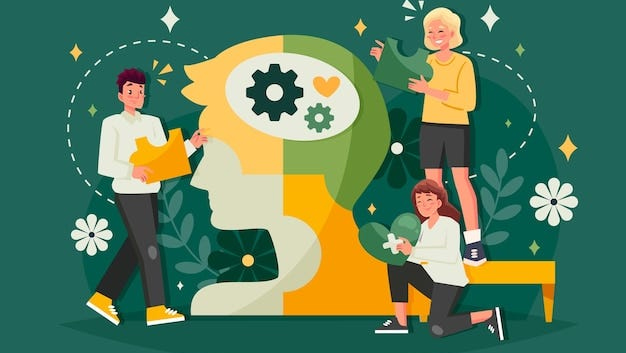
Madam,
In today’s fast-paced world, intelligence is often associated solely with academic achievements or a high IQ. However, there is another type of intelligence that is equally, if not more, important for personal and professional success - emotional intelligence (EI). EI refers to the ability to understand and manage one’s own emotions, as well as empathise with and navigate the emotions of others. It plays a crucial role in building strong relationships, effective communication, and overall well-being. In this article, we will delve into the significance of emotional intelligence and explore ways to enhance it.
First and foremost, we need to take our time to briefly have a lucid understanding of this subject matter. Emotional intelligence encompasses four key components: self-awareness, self-management, social awareness and relationship management. Self-awareness involves recognising and understanding one’s own emotions, strengths and weaknesses. Self-management involves effectively handling emotions, adapting to change and maintaining a positive mindset. Social awareness focuses on empathising with others, understanding their emotions and effectively navigating social situations. Lastly, relationship management refers to the ability to build and maintain healthy relationships, resolve conflicts and work collaboratively with others.
Moreover, to better understand the overall role or impact of EI, it is of greater importance to firmly mention that emotional intelligence is a critical factor in personal and professional success. Studies have consistently shown that individuals high in EI tend to have stronger leadership skills, better decision-making abilities and higher job satisfaction. They are also more likely to exhibit resilience in times of stress and maintain healthier relationships.
For most women, emotional intelligence is a naturally given gift they are born with and in general, most men may not possess this in most cases. The good news, however, is that emotional intelligence can be nurtured and developed over time. Here are some strategies to enhance EI: Practice self-reflection: Take time to understand your own emotions, triggers, and patterns. Journaling, meditation, or seeking therapy can be helpful in developing self-awareness.
Also, cultivate empathy: Put yourself in others’ shoes and try to understand their experiences and emotions. Actively listen and validate their feelings to foster stronger connections. On that topic, build resilience: Learn to bounce back from setbacks and manage stress effectively. Engage in self-care activities, such as exercise, hobbies and spending time with loved ones. It is also effective to develop communication skills: Work on expressing your emotions clearly and respectfully. Pay attention to non-verbal cues, use active listening techniques, and practice constructive feedback.
Moreover, seek feedback: Regularly ask for feedback from trusted peers, mentors or supervisors. Their insights can provide valuable perspectives for self-improvement.
In conclusion, emotional intelligence is a powerful asset that contributes to personal and professional success. It not only enhances our understanding and management of emotions, but also empowers us to build strong relationships and navigate social dynamics effectively. By investing in the development of emotional intelligence, individuals can unlock their full potential, creating a positive impact on themselves and those around them. So, let us strive to embrace emotional intelligence and create a more compassionate and empathetic world.

EI refers to the ability to understand and manage one’s own emotions, as well as empathise with and navigate the emotions of others. (Pic: Medium)
